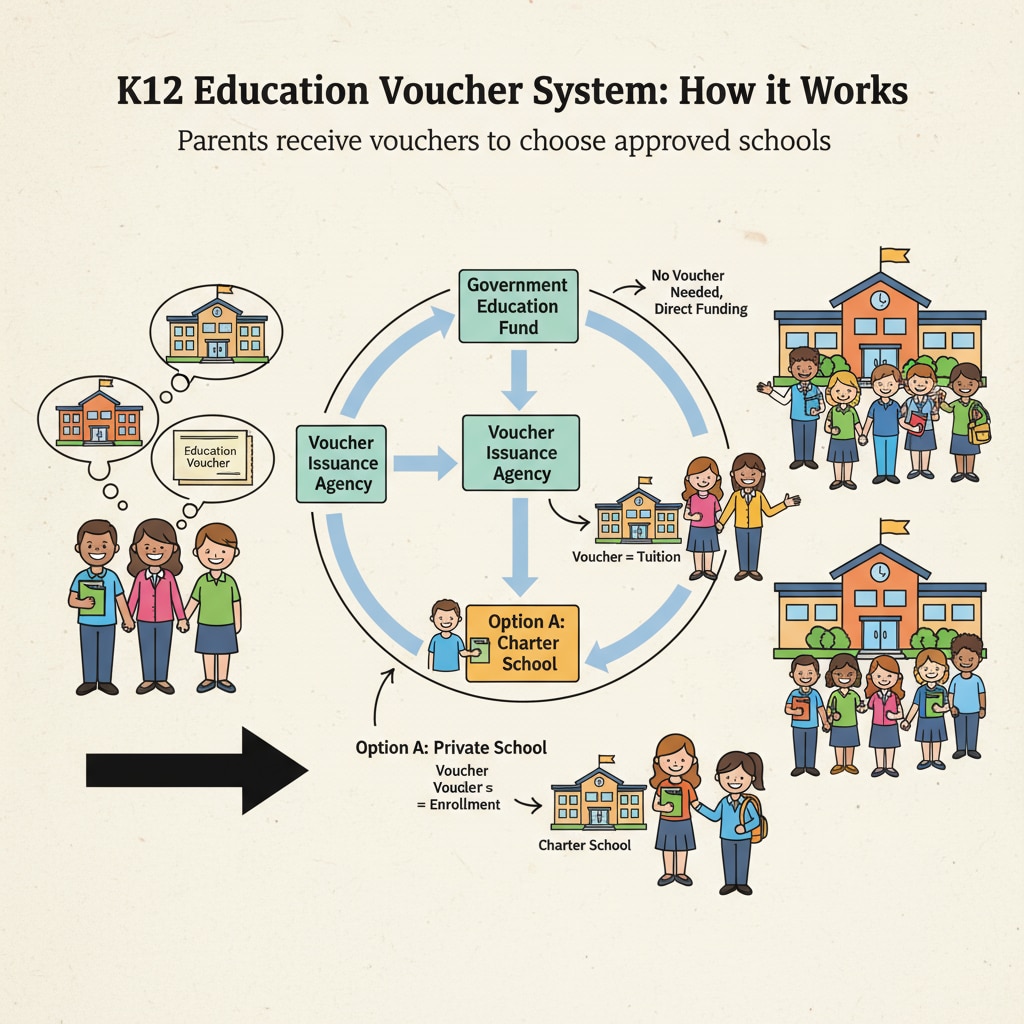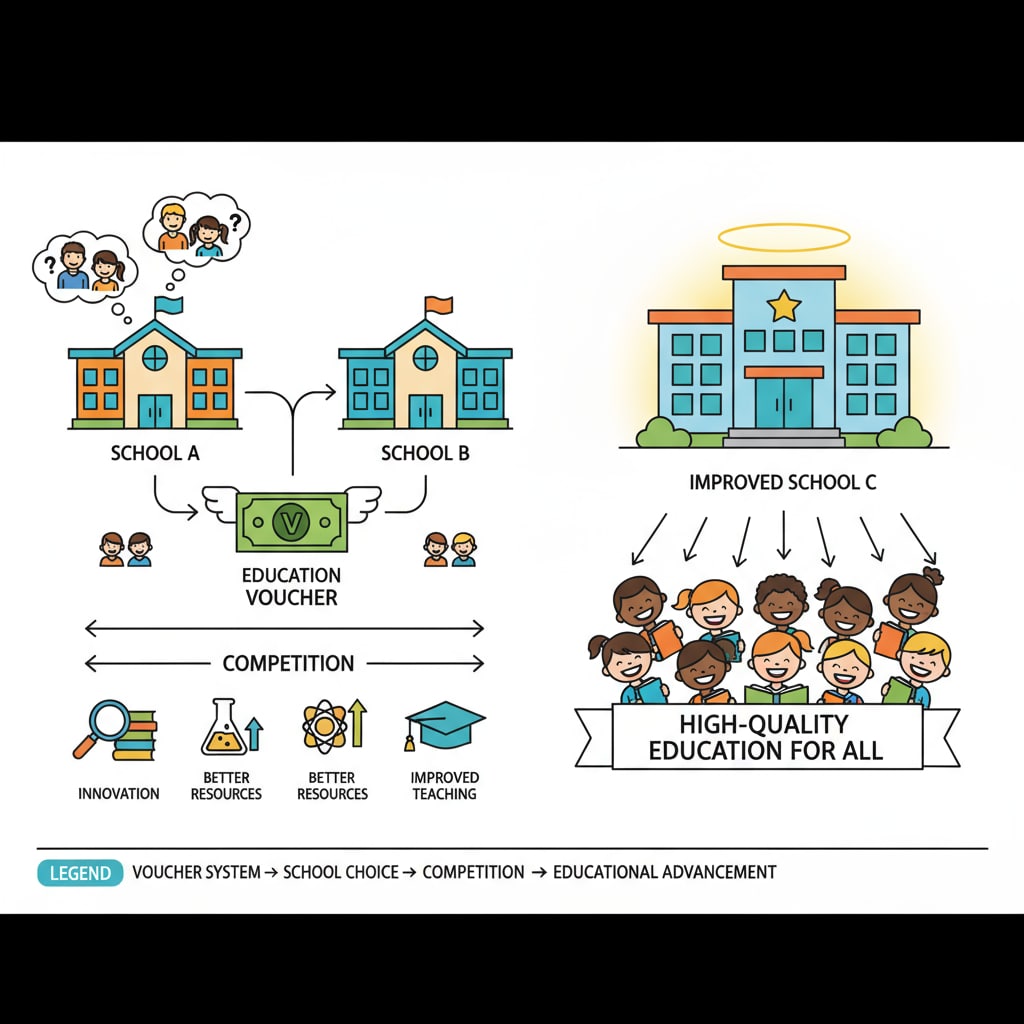Education reform, voucher system, and school choice are hot topics in the field of education. In recent years, there has been a growing discussion about a revolutionary approach that combines the principles of a free market with a voucher system to reshape the K12 education ecosystem. This proposed reform aims to bring about significant changes in how education is delivered and accessed.

The Concept of the Voucher System in Education
The voucher system in education is not a new idea. At its core, it involves the government providing parents with vouchers, which represent a certain amount of funding allocated for their child’s education. Instead of being restricted to sending their children to the assigned public school, parents can use these vouchers to “purchase” education services from a variety of schools, including private and charter schools. This gives parents more power in choosing the educational environment that best suits their child’s needs. For example, according to Wikipedia’s entry on Education Voucher, voucher programs have been implemented in different forms in various countries, each with its own set of goals and outcomes.
Potential Benefits of Combining Market Principles and Vouchers
One of the major advantages of this approach is the potential for greater equality of opportunity. In a traditional public school system, students often have limited choices based on their geographical location. With the voucher system, parents from all socioeconomic backgrounds can access a wider range of educational options. This promotes competition among schools as they strive to attract students with their unique educational offerings. As a result, schools are likely to improve the quality of their education to stay competitive. Another benefit is the potential for innovation. Different schools can experiment with new teaching methods and curricula, leading to a more diverse and dynamic education landscape. Britannica’s article on Education Reform also touches on the positive impacts of market-driven reforms in education.

However, this reform is not without its challenges. One of the main concerns is the potential for increased inequality. There is a risk that wealthier families may be able to supplement the voucher amount with their own funds, giving their children an even greater advantage. Additionally, some schools may be more appealing to students based on factors other than educational quality, such as prestige or location, which could lead to an uneven distribution of students among schools. Another ethical consideration is the potential for profit-driven motives to overshadow the educational mission of schools.
In conclusion, the idea of combining market principles with the voucher system in K12 education presents both exciting opportunities and significant challenges. While it has the potential to revolutionize the education system by providing more choices and promoting quality improvement, careful consideration must be given to the ethical and practical implications. Education reform, voucher system, and school choice need to be carefully balanced to ensure that the ultimate goal of providing a high-quality education for all students is achieved.
Readability guidance: This article uses short paragraphs to make the content more accessible. Key points are presented in a clear and straightforward manner. Transition words like “however” and “additionally” are used to connect ideas smoothly. Each section focuses on a specific aspect of the education reform proposal, and external references are provided to support the discussion.


